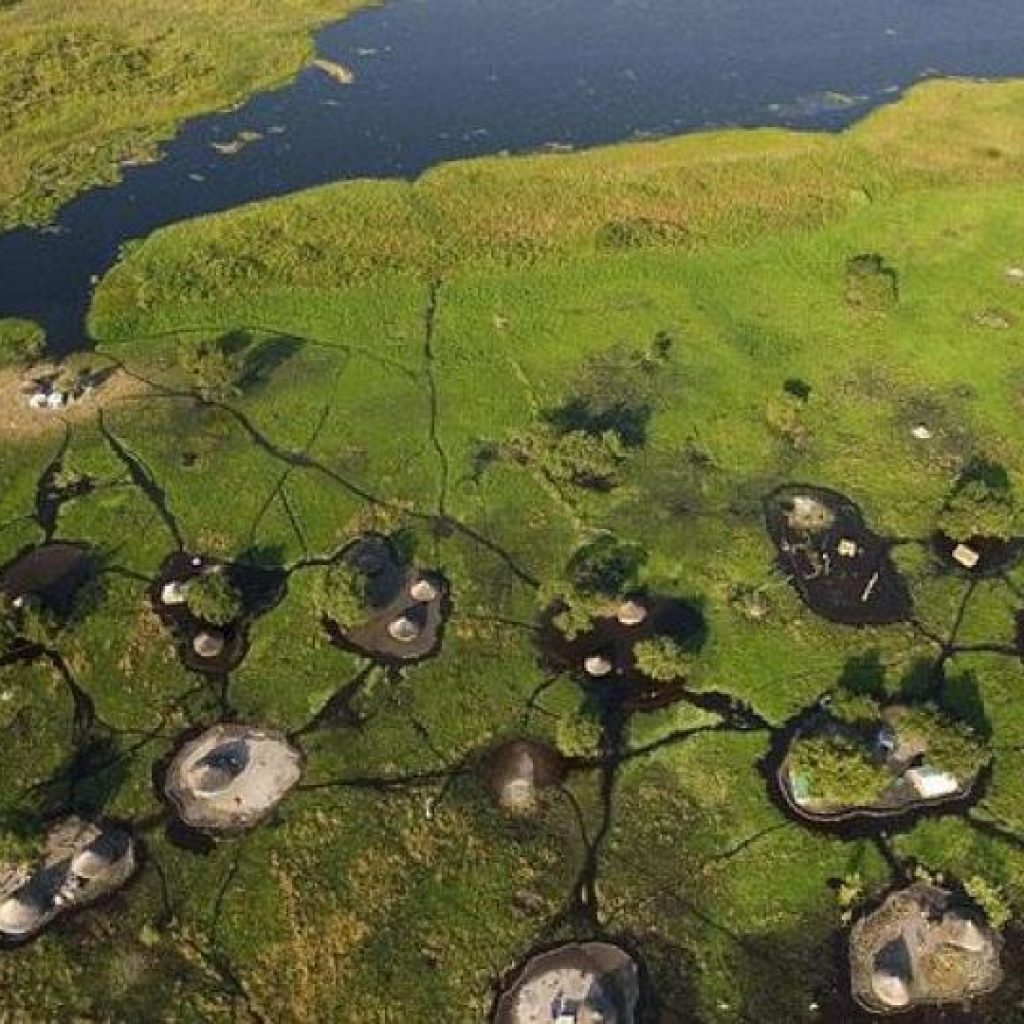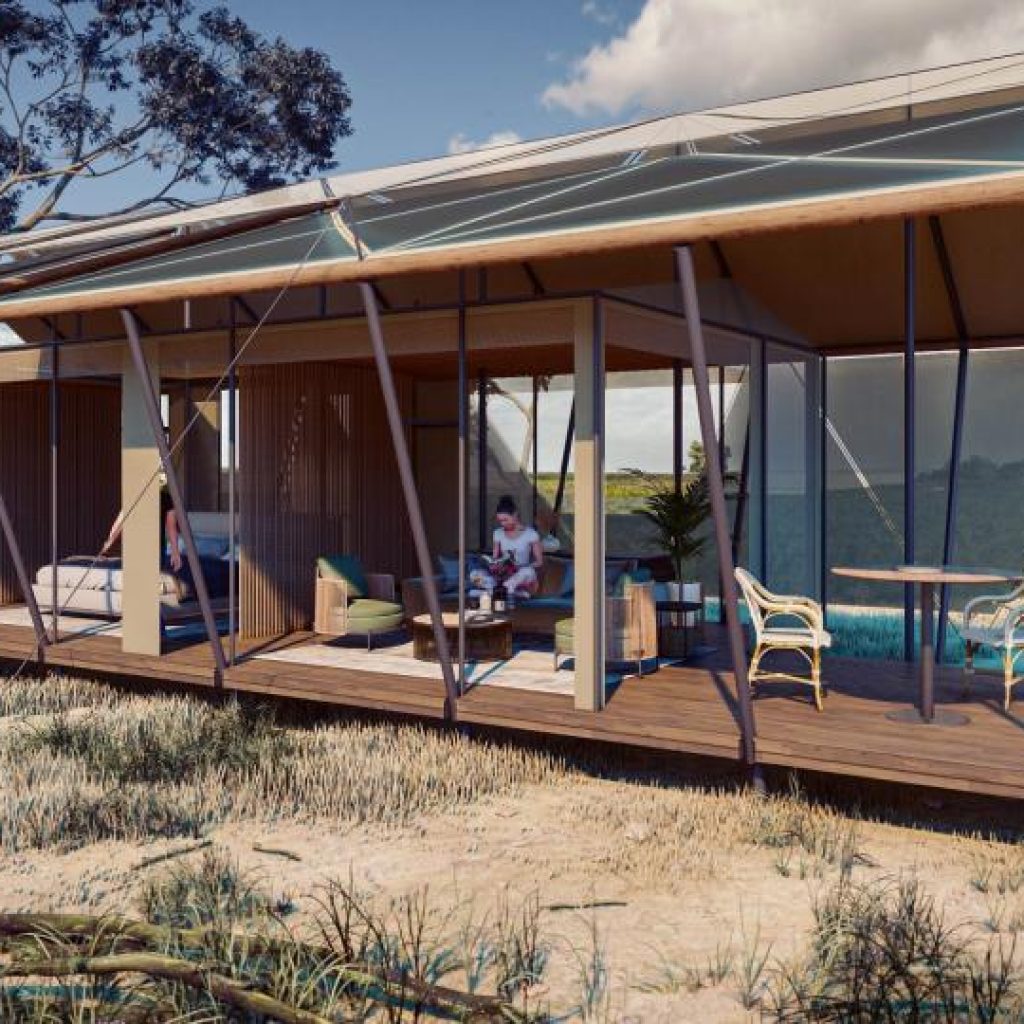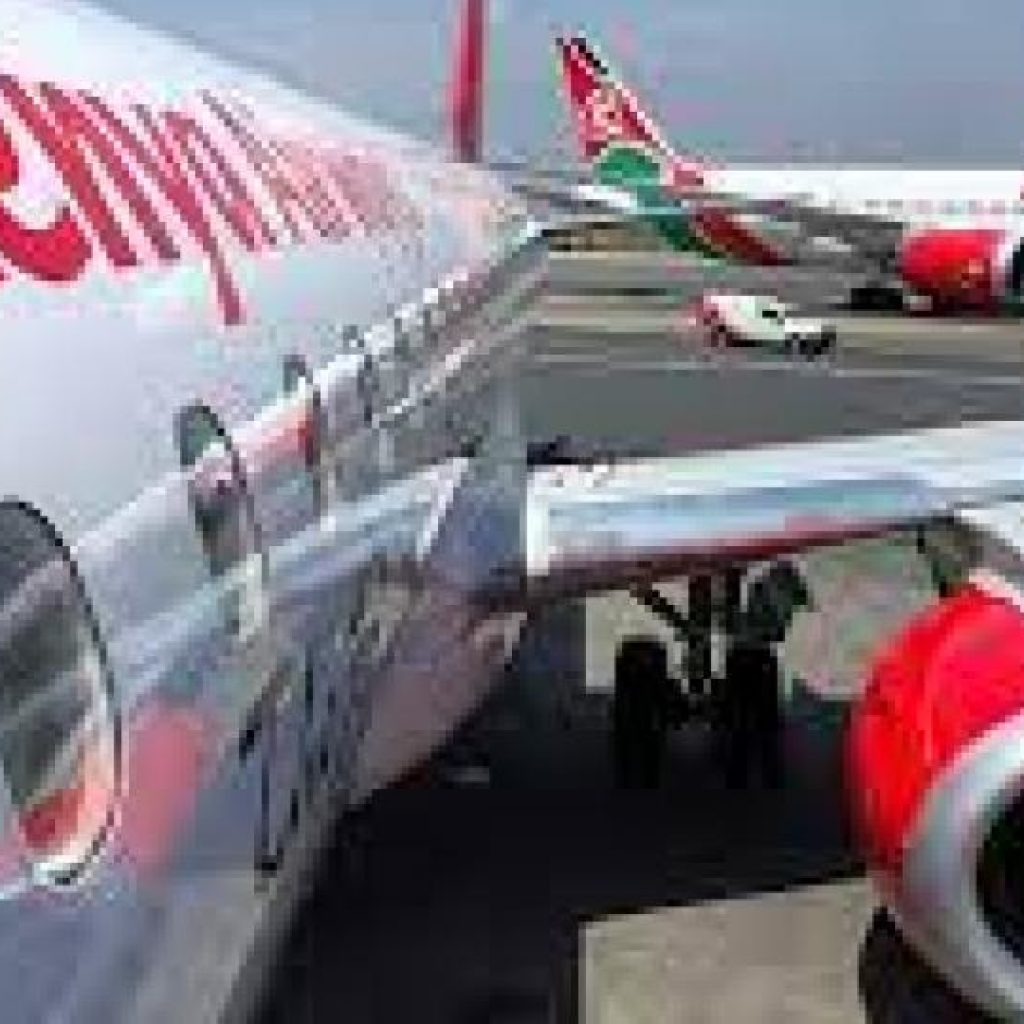
South Sudan, one of the world’s least-visited countries, is intent on stimulating tourism, despite post-conflict struggles and political instability. The country has experienced various periods of political upheaval and violence since gaining independence in 2011.
According to a World Bank report, tourism contributed just 1.8% to the country’s GDP in 2013, with the World Travel and Tourism Council predicting that this will rise to 4.1% in 2024. However, the lack of tourist infrastructure, inadequate air access and safety and security issues have severely hampered the industry.
South Sudan’s Minister of Tourism, Rizig Zackaria Hassen, sought to promote the country’s tourism offerings alongside those of the East African Community’s more developed destinations at the East African Regional Tourism Expo in Nairobi. Hassen particularly lamented long-standing international advisories warning against travel to the region.
“We cannot let the international community create perceptions about us and stand in the way of our efforts to build tourism, which can contribute strongly to our economy. We also need our local media to have their voices more strongly heard abroad, because reports from big news networks are what dominate the narratives on South Sudan.”
The US Department of State’s travel advisory advises against travel to the country, due to “crime, kidnapping and armed conflict”. The UK Foreign, Commonwealth and Development Office similarly cautions against all travel to South Sudan.
Hassen touted the country’s cultural richness and unique landscapes as key areas of attraction. South Sudan is home to 64 ethnic groups and 14 national parks and protected areas, along with the world’s second largest animal migration – of white-eared kob and tiang antelope.
The country also boasts one of the world’s largest wetlands in the Sudd region, a 320km wide and 400km long area home to nearly 400 species of birds.
In terms of history, the country contains a number of historic sites related to the ancient slave trade and exploration of the continent by Europeans.
“We encourage the world to come to South Sudan to see the wonders of our land of great abundance,” Hassen said.
The World Bank report found that tourism could contribute positively to post-conflict nation building in South Sudan.
“It offers an opportunity to reflect positively on cultural and ethnic differences that have often been one of the causes of conflict. By fostering national awareness and pride by attention to the preservation, restoration and promotion of historical sites, cultural festivals, art forms, and by encouraging the development of those cultural forms and expressions which are distinctly South Sudanese.”






About The Author: David DiGregorio
More posts by David DiGregorio